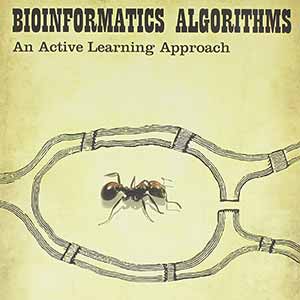Bioinformatics Pioneers Launch First Online Bioinformatics Specialization on Coursera
CSE professor Pavel Pevzner and recent postdoc Phillip Campeau are launching a six-part series of courses as a Specialization mini-degree on Coursera teaching bioinformatics, culminating in a Capstone Project that will prepare students to solve real-world research challenges.












